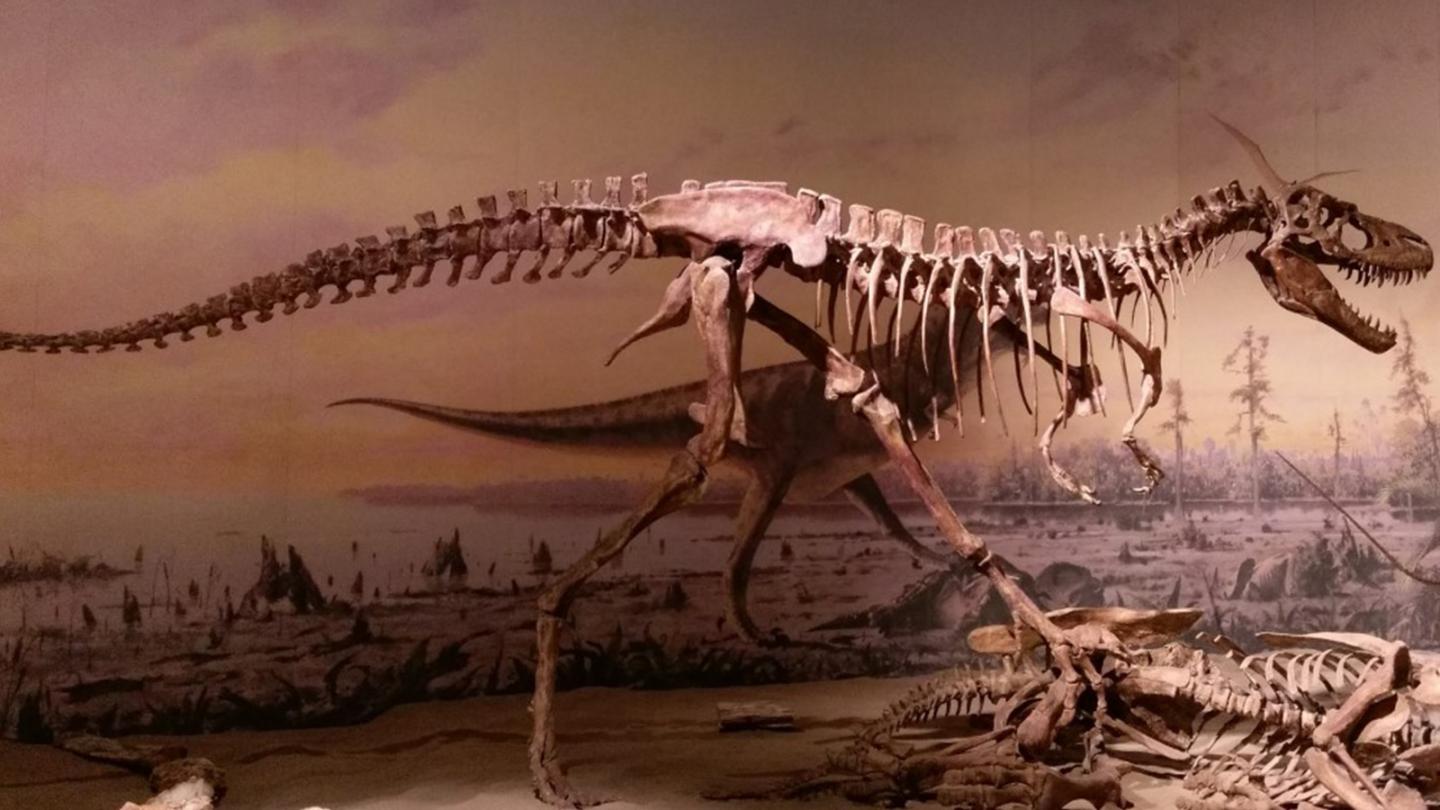
Scientists have raised concerns about the lack of Tyrannosaurus rex fossils for their research due to wealthy individuals buying them all.
The mighty T. rex is one of the most iconic dinosaurs, easily identifiable from its massive body, menacing jaws and sharp teeth.
Touted as one of the most ferocious predators ever to walk the Earth, its fossils date to more than 66 million years and have been widely discovered across North America – mainly in the US states Montana and South Dakota.
Several features of the mighty dinosaur’s traits and lifestyle still remained debated, including what its lifestyle was like, how big it actually was, and how fast it ran and hunted prey.
Fossils of the T. rex are increasingly becoming unavailable for research because of private collections, scientists warn in the journal Paleontologia Electronica.
The study suggests T. rex fossils sell anywhere from $1.55 million to $38.68 million USD, preventing most museums from acquiring the fossils.
In the study, scientists assessed the status of currently known T. rex fossil specimens from a range of sources, including primary literature, museum records, and media reports.
Particularly, researchers found that samples of the dinosaur’s juvenile form, dubbed popularly as “teenage T rex fossils”, have been emptied by more than half by trade.
“Of particular concern is the private ownership of juvenile and subadult specimens, the part of growth that is least understood, which make up 20 per cent of privately held T. rex,” researchers wrote.

The sale of T. rex fossils is resulting in lost data regarding the giant lizard’s variation across its growth stages as well as context on its geological distribution, according to scientists.
They warn that there is vast commercial exploitation of T rex fossils, “heaviest in Montana and South Dakota”.
“There are 61 T. rex fossils in public trusts, whereas 71 are privately held,” researchers wrote.
If there was no commercial exploitation of the dinosaur’s fossils, researchers say there could be nearly 150 complete T rex specimen available for scientific studies.
In less than three decades, scientists say commercial interests have collected more significant fossils than nearly a century and a half of collection made by public trusts like museums.
-gestures-next-to-the-skull-of-the-Trinity.jpeg)
Researchers raise particular concern about a “surging” luxury fossil market in which dinosaur skeletons are sold as decorative art at high-profile international auctions.
“T. rex fossils are sold for millions of dollars, making them available only to the richest people or consortia,” scientists wrote.
“The market has depleted the scientific record of T. rex because vertebrate fossils that are not in public trusts are unavailable for scientific study,” they concluded.







